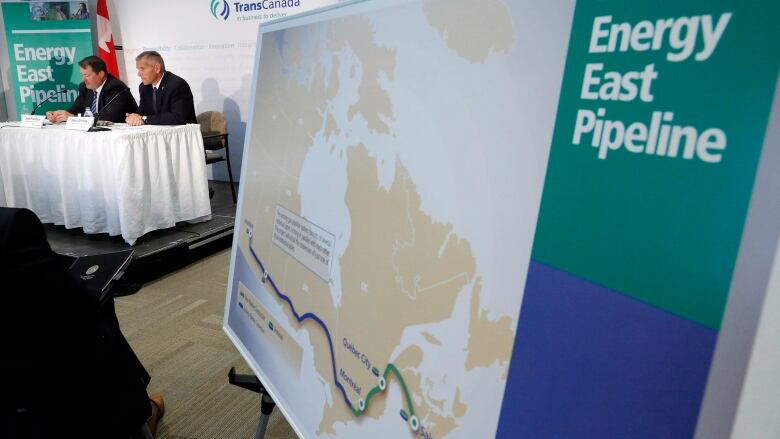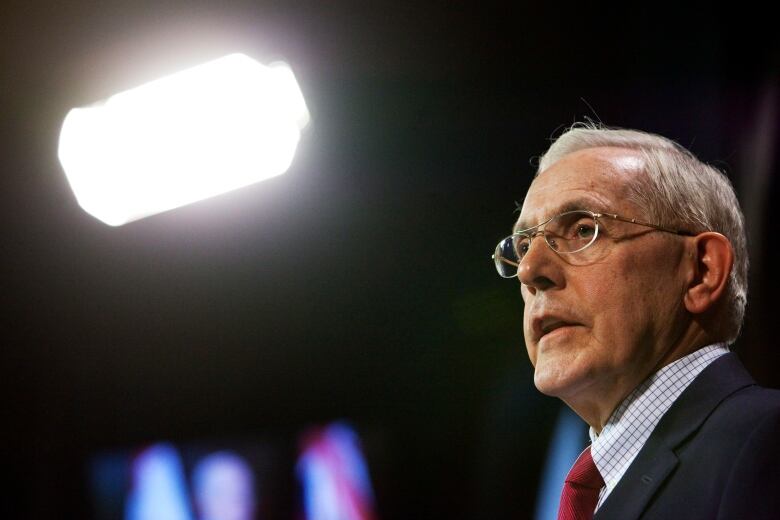Energy East pipeline to face Ontario scrutiny
The province outlines 6 principles that will guide all future assessments of pipeline projects

The Ontario government appears to be taking a page out of Britsh Columbia'soilsands pipeline handbook and asking "what's in it for me?"
Provincial Energy Minister Bob Chiarelli announced today that he is asking the Ontario Energy Board to consult citizens of the province and prepare a report on the potential benefits and drawbacks of TransCanada Pipelines' proposed Energy East Pipeline. The regulator's report will be used to inform the Ontario government's testimony at the National Energy Board yet to be announced hearings into the Energy East project.

The pipeline currently carries natural gas from Western Canada to Ontario, Quebec and parts of the United States. TCPL wants to turn it into an oil pipeline carrying diluted bitumen from Alberta's oilsands to the port of SaintJohn, N.B., for export.
6principles to guide assessment
In announcing his request to the provincial regulator, Chiarelli also explained that the Ontario government will be adopting six principles when assessing proposed pipeline projects:
- Pipelines have to meet highest technical standards to protect the public and environment.
- World-leading emergency response.
- Fulfil duty to consult Aboriginal communities.
- Consult local communities.
- Demonstrable short-and long-term economic benefits for Ontario.
- Companies must carry all economic and environmental responsibilities and prove that they are able to pay for that responsibility.
The Ontario principles bear a striking resemblance to B.C.'s five conditions that were announced in response to public concerns over Enbridge's proposed Northern Gateway pipeline that would carry oilsands bitumen from Edmonton to Kitimat, B.C., on the coast.
For the Energy East Pipeline proposal specifically, Chiarelli wants the OEB to look in four areas, three of which relate directly to the six principles.
The fourth area asks the regulator to look into the "impacts on natural gas consumers, in particular those in Eastern and Northern Ontario in terms of rates, reliability and access to supply." TCPL's Canadian Mainline pipeline - the one that will eventually be the backbone or the Energy East project - supplies up to 40 per cent of Ontario's natural gas demand in the winter months.
Environmentalists think the province has done the right thing by ordering the OEB to consult with the public.
"We're glad that the province is stepping up especially since the federal government has moved out of that area," said Gillian MacEachern, campaigns director for Environmental Defence, referring to the NEB's new, more restrictive rules on who can testify at its hearings.
Ontario does not regulate interprovincial pipelines. That is the responsibility of the federal government.












_(720p).jpg)


 OFFICIAL HD MUSIC VIDEO.jpg)
.jpg)



























































































